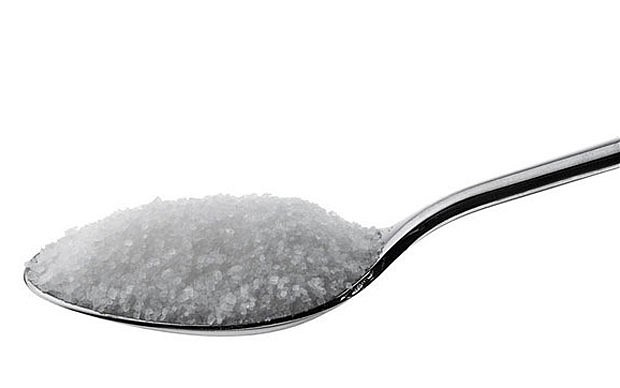If you haven’t seen or heard of this recently; the sugar industry paid scientists in the 1960s to play down the link between sugar and heart disease and promote saturated fat as the culprit instead.
How the Sugar Industry Shifted Blame to Fat
50 Years Ago, Sugar Industry Quietly Paid Scientists To Point Blame At Fat
For many this news may seem shocking and for others (like me) it doesn’t surprise you one bit. My grandfather taught me years ago that there are “shysters” in every business. When the impact a study can have on the “bottom line” we see this rear it’s ugly head. Just in the past decade we have seen major players in large industries like pharmaceutical, automotive, medical and even dietary supplement play this game. This isn’t new, the bible even warns us of this in 1 Timothy 6:10; “For the love of money is a root of all kinds of evil. Some people, eager for money, have wandered from the faith and pierced themselves with many griefs.”
None of this makes it right and yet we consumers are left with our heads spinning and in the case of the sugar; carrying extra pounds, having clogged arteries or worse. Let’s focus on the sugar side of this story and figure out what we can do to help decrease our addiction to this worthless additive. YES, I used the word addicted. Recent studies have shown that sugar stimulates areas of the brain that are also stimulated by addictive drugs (some illegal). Knowing this, we can now see that it isn’t always the sweet sensation on the tongue that is drawing us to eat sweets (and starches…I will explain in a minute), but the impact it has on our brain.
I mentioned above that starches might play a similar role to sugar with regards to addiction. Science has not proven my theory, but I believe that someday it will. My reasoning is this; starch digestion begins as early as the chewing of your food. Amylase, an enzyme secreted (released) and mixed with your saliva is the primary enzyme needed to break starch (amylose) into simple glucose (sugar). The starch in your food is begins to be broken down in your mouth by amylase and this process continues into the stomach and small intestine. When the process is complete the body then absorbs the sugar (glucose) into the bloodstream to be used as either energy or stored (fat). This simple biological function is the main reason I believe we are hooked on carbs (sugar and starches) and struggling to make changes.
What can you do? I would suggest reading some of my past blogs to focus in on what your specific needs are. Just because we were deceived by science in the past doesn’t mean it’s too late to make a change.
Diabetes and Metabolic Syndrome

